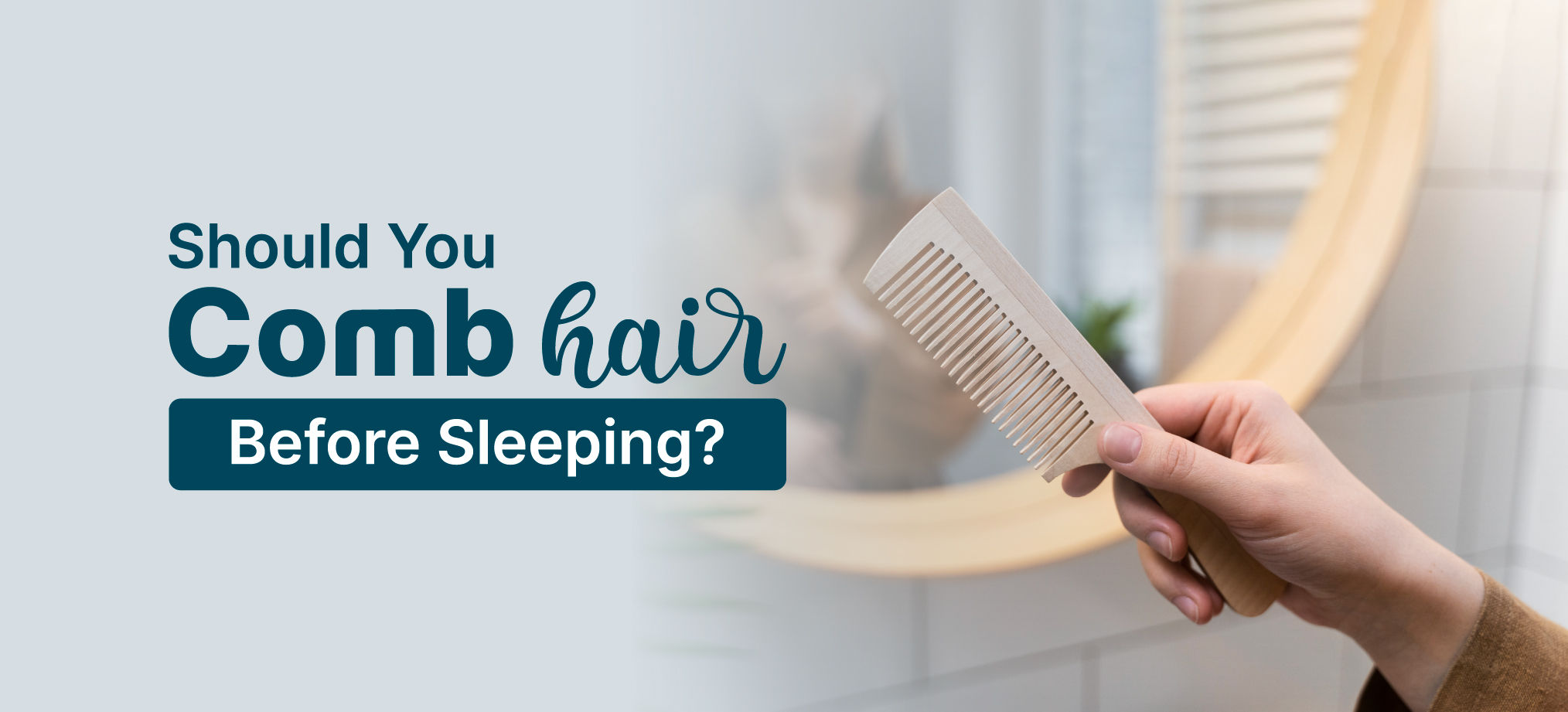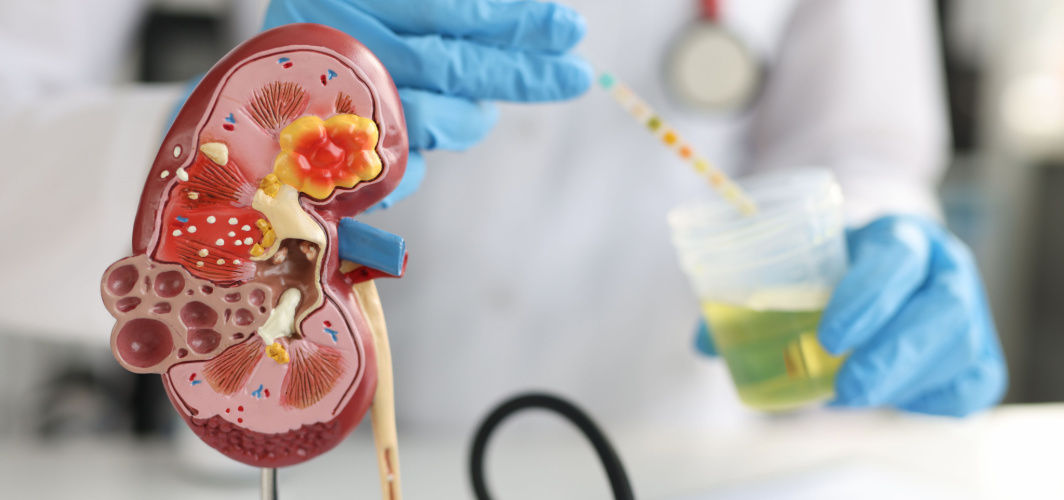General Health
Reasons Why You Should Try Rehabilitation Physiotherapy For Persistent Neck Pain
4 min read
By Apollo 24|7, Published on - 19 April 2023, Updated on - 28 August 2023
Share this article
0
0 like

Neck pain is a common health issue affecting people of all ages and backgrounds. It can range from mild discomfort to severe chronic pain, significantly impacting one's quality of life and daily activities. Poor posture, muscle strain, nerve compression, or injury are common causes of persistent neck pain. Fortunately, rehabilitation physiotherapy offers effective remedies and techniques to reduce pain, improve mobility, and enhance neck function. In this article, we will explore rehabilitation physiotherapy and how it can help individuals recover from neck injuries or chronic neck pain.
What is Rehabilitation Physiotherapy?
Rehabilitation physiotherapy is a type of physical therapy designed to help individuals recover from neck injuries or chronic neck pain. This treatment typically includes a combination of exercises, manual therapy, and other techniques to improve neck strength, flexibility, and range of motion. The goal of rehabilitation physiotherapists is to reduce pain and discomfort, improve mobility and function, and help patients return to their normal daily activities.
As per Ms. Neetu Rathi, a physiotherapist associated with Apollo 24|7, “Rehabilitation physiotherapy includes exercises and treatment to improve muscle strength and alleviate pain and restore mobility. It is 100% effective and helpful in case of neck pain. Anyone can experience neck pain, however, it is more commonly seen in those who sit for long hours and often increases with stress.
Physiotherapy is a treatment plan that is customised according to the problem of the patient. It improves the neck muscle strength, reduces muscle stiffness, improves mobility and aligns any misalignment. Even after getting complete recovery, it also helps as workplace ergonomics and teaches how to work with minimal damage to the neck.
Symptoms of Persistent Neck Pain
Persistent neck pain can be caused by poor posture, muscle strain, nerve compression, or injury. Symptoms include stiffness, limited range of motion, sharp or dull pain in the neck area, headache, numbness or tingling in the arms or hands, muscle weakness, difficulty sleeping, and fatigue. It's important to seek medical attention if you experience any of the aforementioned symptoms to avoid potential serious outcomes.
Remedies for Persistent Neck Pain
Rehabilitation physiotherapy for neck pain includes a variety of remedies, some of which include:
1. Range of Motion Exercises: These exercises help improve neck flexibility and range of motion. The rehabilitation physiotherapist may use stretching and strengthening exercises to help the patient regain full neck function.
Improve your neck flexibility and range of motion with these exercises:
- Neck Rotation: Rotate your head to the right gradually until you feel a gentle stretch; hold this position for 10 seconds, and then repeat the same process on the left side.
- Chin Tucks: While sitting or standing up straight, gently tuck your chin onto your chest and hold for 5 seconds. Repeat 10 times.
- Shoulder Rolls: Sit up straight and roll your shoulders forward in a circular motion 10 times, then reverse the direction and roll them back 10 times.
2. Manual Therapy: It includes techniques such as massage, mobilisation, and manipulation of the neck and surrounding muscles. The physiotherapist may use manual therapy to improve circulation, reduce muscle tension, and alleviate pain.
3. Heat or Cold Therapy: Applying heat or cold therapy can help reduce inflammation, relieve pain, and improve circulation. The physiotherapist may use hot or cold packs or other forms of temperature therapy to help with pain relief.
4. Posture Correction: Bad posture is a common cause of neck pain. The physiotherapist will work with the patient to identify and correct any postural issues contributing to their neck pain. Improving posture through simple techniques can alleviate neck pain and improve the overall quality of life. Some of these techniques are:
- Sit up straight: Keep your back straight and shoulders relaxed while sitting. Avoid slouching or leaning forward.
- Adjust your workspace: Ensure that your computer monitor is at eye level and your keyboard and mouse are at a comfortable distance to avoid hunching or straining.
- Take breaks: Take short breaks frequently to stand up and stretch or walk around. This can help alleviate neck and shoulder tension caused by prolonged sitting.
5. Education and Advice: The physiotherapist may provide education and advice on ergonomics, sleep positions, and other lifestyle changes that can help alleviate neck pain.
Say Goodbye to Neck Pain with Rehabilitation Physiotherapy
Overall, rehabilitation physiotherapy effectively alleviates pain, improves the range of motion, and enhances overall neck function. With the guidance and expertise of a rehabilitation physiotherapist, patients can regain their quality of life and return to their daily activities soon.
For more information, Consult Ms Neetu Rathi
General Health
Leave Comment
Recommended for you

General Health
First Aid For Dog Bite: Kit, Home Care, And Prevention
Dog bites can be a frightening experience, and knowing how to provide immediate first aid is crucial to minimize the risk of infection and promote proper wound healing.

General Health
Most Common Sleeping Habits: Identify The Good & Bad Ones
Getting enough sleep for at least 7-8 hours daily is very important to ensure good health. The quality and amount of sleep you get depends on a myriad of factors, of which the most important one is your sleeping habits.

General Health
KFT Test: All You Need To Know About Kidney Function Test
Kidney function tests are crucial in evaluating the health of your kidneys. These tests measure key parameters like glomerular filtration rate (GFR), creatinine levels, and urine protein. GFR indicates how well your kidneys filter waste, while abnormal levels may indicate kidney disease.
Subscribe
Sign up for our free Health Library Daily Newsletter
Get doctor-approved health tips, news, and more.
Visual Stories

The Best Exercises for Controlling Blood Sugar Levels
Tap to continue exploring
Recommended for you

General Health
First Aid For Dog Bite: Kit, Home Care, And Prevention
Dog bites can be a frightening experience, and knowing how to provide immediate first aid is crucial to minimize the risk of infection and promote proper wound healing.

General Health
Most Common Sleeping Habits: Identify The Good & Bad Ones
Getting enough sleep for at least 7-8 hours daily is very important to ensure good health. The quality and amount of sleep you get depends on a myriad of factors, of which the most important one is your sleeping habits.

General Health
KFT Test: All You Need To Know About Kidney Function Test
Kidney function tests are crucial in evaluating the health of your kidneys. These tests measure key parameters like glomerular filtration rate (GFR), creatinine levels, and urine protein. GFR indicates how well your kidneys filter waste, while abnormal levels may indicate kidney disease.
